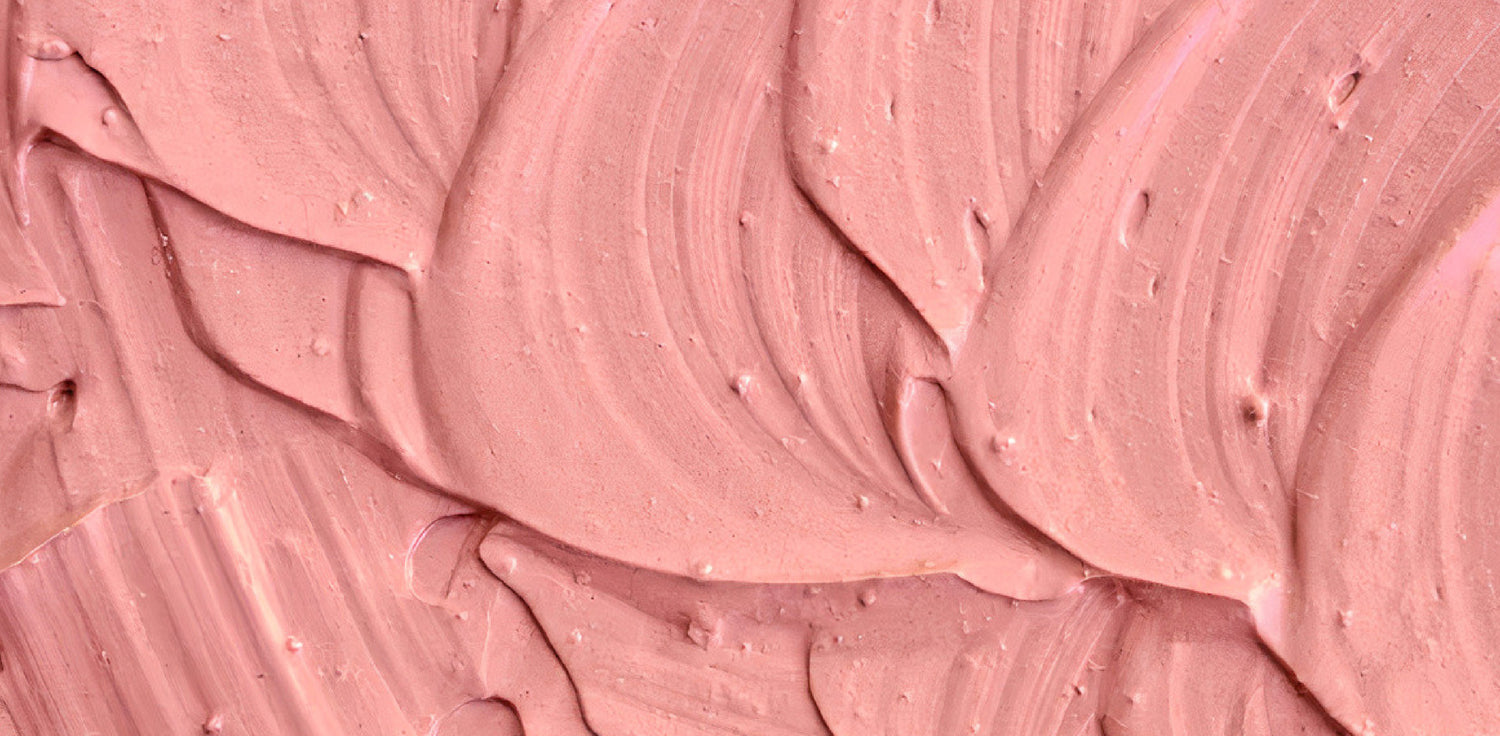Collapsible content
Hyaluronic Clay
Hyaluronic Clay is a type of clay that is not found in nature, but rather is derived from hyaluronic acid, which is a naturally occurring substance in the body. It is a gel-like substance that is known for its ability to retain moisture, making it an important component in skin care products. The clay is typically made by mixing hyaluronic acid with a clay, such as kaolin or bentonite, in order to create a substance that can be used on the skin.
Benefits
- Hydrates and Moisturizes: Hyaluronic Clay is renowned for its ability to hydrate and moisturize the skin. It works by attracting and holding water molecules in the skin, which helps to keep it plump, supple, and hydrated. This makes it an excellent ingredient for those with dry or dehydrated skin.
- Anti-Aging: Hyaluronic Clay can help to reduce the appearance of fine lines and wrinkles by keeping the skin hydrated and plump. It also helps to promote collagen production, which is essential for maintaining skin elasticity and firmness.
- Gentle Cleansing: Hyaluronic Clay has gentle cleansing properties that help to remove impurities from the skin, leaving it feeling clean and refreshed. It is particularly effective at removing excess oil and dirt, making it a great choice for those with oily or acne-prone skin.
- Soothes Irritated Skin: Hyaluronic Clay has anti-inflammatory properties that can help to soothe and calm irritated or sensitive skin. This makes it an excellent ingredient for those with conditions such as rosacea or eczema.
- Improves Skin Texture: Hyaluronic Clay can help to improve the overall texture of the skin by gently exfoliating and removing dead skin cells. This results in a smoother, softer, and more radiant complexion.
Overall, Hyaluronic Clay is a versatile and effective ingredient for improving the health and appearance of the skin. It can be found in a variety of skincare products, including masks, cleansers, and moisturizers.
Mineral Profile
Hyaluronic Clay does not contain significant amounts of minerals as it is not a naturally occurring substance. However, the clay that is combined with hyaluronic acid may contain minerals such as:
Note: Hyaluronic Clay is safe for most skin types and is commonly used in a variety of skincare products, including facial masks, moisturizers, and serums. It is important to look for high-quality products that contain pure hyaluronic acid to ensure that it is effective and safe for use on the skin.

